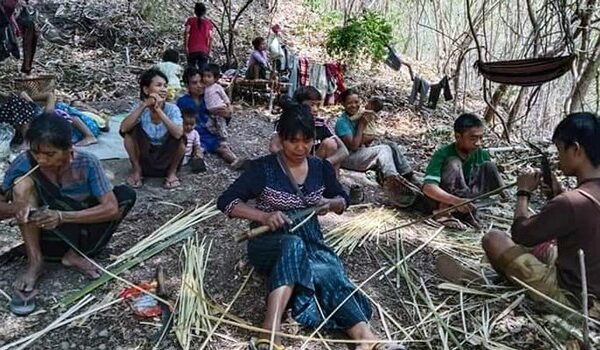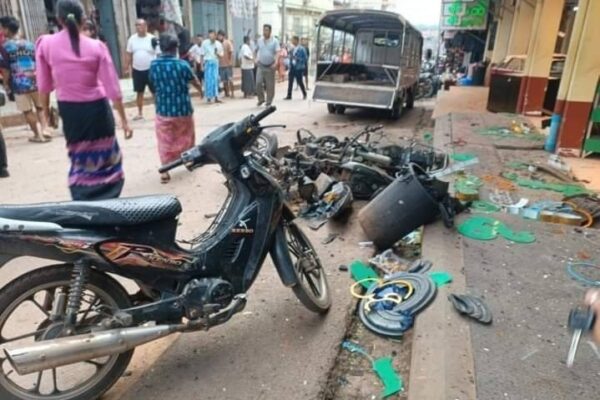Russia grounds plane, arrests North Korean mother and son on the run
Russian authorities grounded a Moscow-bound flight to arrest a North Korean diplomat’s wife and son who went missing from the far eastern city of Vladivostok last month, residents in Russia familiar with the case told Radio Free Asia. RFA reported on June 6 that Russian authorities announced that they were searching for Kim Kum Sun, 43, and Park Kwon Ju, 15, who had last been seen on June 4 leaving the North Korean consulate in Vladivostok. Kim had been working as the acting manager of two North Korean restaurants in the city in place of her husband, considered a diplomat, who traveled to North Korea in 2019 but was unable to return to Russia due to the COVID-19 pandemic. On July 7, the day after the announcement, Kim and Park were arrested after boarding a Moscow-bound flight departing from the central Russian city of Krasnoyarsk, a resident of Vladivostok, who requested anonymity for personal safety, told RFA’s Korean Service. “Their flight to Moscow departed from Yemelyanovo International Airport located on the outskirts of Krasnoyarsk as normal, but to arrest the mother and the son, the Russian public security authorities forced the plane to return to the airport,” he said. “When the plane landed …, the authorities arrested them.” They would have gotten all the way to Moscow if not for the consulate getting Russian authorities involved, the Vladivostok resident said. As of Tuesday, Russian media has made no mention of Kim and Park’s arrest. RFA was not able to confirm with Russian authorities that they grounded the flight to arrest the pair. Higher priority? It was also not clear if Kim and Park had been accused of any crimes. But it is standard procedure for the North Korean consulate to fraudulently accuse missing personnel of crimes so that Russian authorities place a higher priority on the case, a Russian citizen of Korean descent from Krasnoyarsk, who requested anonymity for security reasons, told RFA. “North Korea reports missing people by framing them for crimes,” he said. “So the escapees are in danger of being executed without the protection of the local state and the international community.” But if they were accused criminals, the runaways would not be eligible for international protection, he said. The Krasnoyarsk resident confirmed that the authorities ordered the plane to return to the airport to arrest Kim and Park. “There has been an increasing number of escape attempts among North Korean trade officials and workers in Russia recently,” he said. They may have been inspired by other North Koreans who successfully fled, including a computer engineer, a work unit manager, a work site manager, a doctor and a soldier from the General Staff Department of the North Korean military. “The United Nations and the international community must take an active role in helping those who risk their lives to escape from the dictatorship,” the Krasnoyarsk resident said. “Instead of [arresting them] as demanded by the North Korean authorities and sending them to a place where death awaits them, [Russian authorities] should open the way for them to receive refugee status according to the regulations set by the United Nations.” Translated by Leejin J. Chung. Edited by Eugene Whong and Malcolm Foster.







